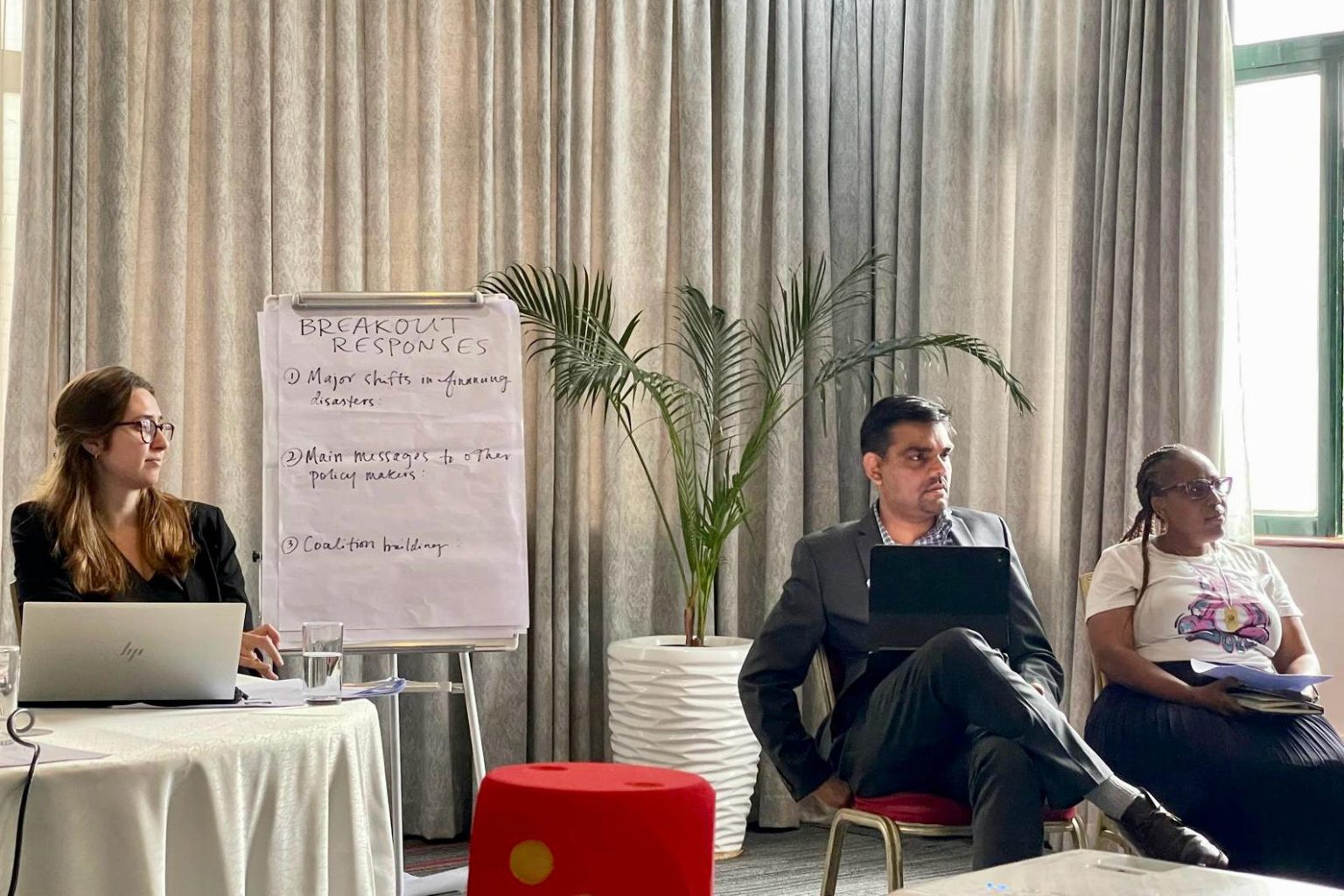Roundtable: Getting Ahead of Climate Disasters

The Risk-Informed Early Action Partnership (REAP) convened a roundtable, entitled ‘Getting ahead of disasters: government and regional perspectives on the current state of finance for early action’, in Nairobi in May. In attendance were government officials and representatives from regional bodies from African, Asian, Caribbean and Pacific countries.
Climate vulnerable countries are confronted with significant challenges in financing and preparing for disaster responses. Despite the existence of Climate and Disaster Risk Finance and Insurance (CDRFI) mechanisms, navigating these tools and ensuring its alignment with the specific needs of each country and region remain a challenge.
The roundtable reviewed experiences with existing fora, and discussions centered around emerging policy priorities, immediate Disaster Ready Fund (DRF) needs, and future opportunities for climate vulnerable countries.
The discussion saw a call to explore the risk transfer instruments in light of protection gaps in Low Income Countries. Furthermore, participants acknowledged the need for a whole-of-government approach in devising solutions for early action disaster response. The ecosystem of Global Shield is squarely focussed to bolster pre-arranged financial support to vulnerable nations and communities. To this end, gapping financing needs remains a core challenge and REAP could support this course given its convening powers.
In addition, governments face challenges in developing and updating early action instruments, such as limited exposure data and insufficient capacity in using disaster risk financing (DRF) tools. Addressing these issues requires a strong focus on leveraging modern technology and strengthening institutions.
The CVF-V20 was represented by Pankaj Singh, Deputy Director Financial Protection and Vertical Funds, who highlighted the variety of support that the CVF-V20 Secretariat and Global Shield could offer to member countries, including the development of Climate Prosperity Plans advisory support on debt, public finance management and national budgetary planning.
This article is featured in our May newsletter. Click here to read the full issue.
